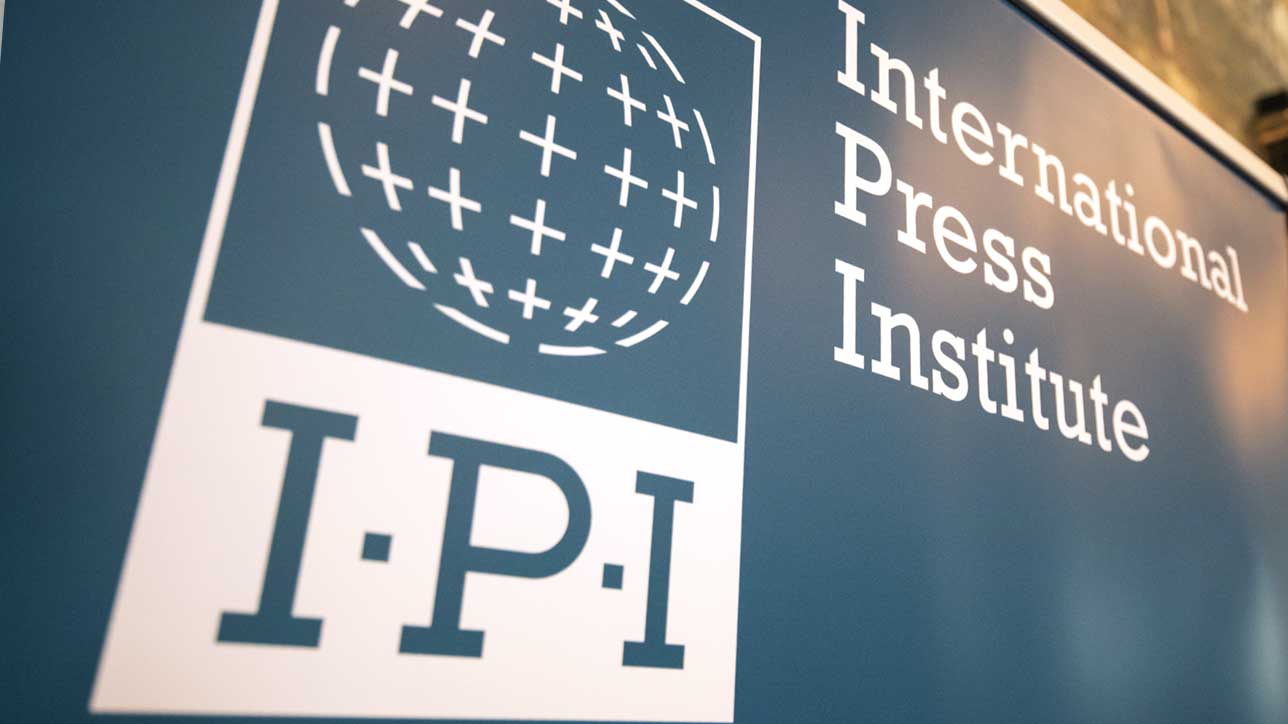Nigeria must investigate attacks on journalists — IPI
The IPI global network has condemned attacks on journalists covering the recent anti-government protests in Nigeria, calling on authorities to investigate these incidents and take measures to ensure journalists’ safety. Between August 1 and 10, thousands of Nigerians flocked to the streets in various cities across the country to protest economic hardship, the rising cost […]

The International Press Institute (IPI)
The IPI global network has condemned attacks on journalists covering the recent anti-government protests in Nigeria, calling on authorities to investigate these incidents and take measures to ensure journalists’ safety.
Between August 1 and 10, thousands of Nigerians flocked to the streets in various cities across the country to protest economic hardship, the rising cost of living, fuel prices, and bad governance.
As of August 8, reports indicated that at least 22 people were killed, and numerous others injured as a result of the response to the protests by Nigerian security forces. Authorities detained several hundred protestors.
Despite calls on the authorities and the state security apparatus to ensure the safety of journalists, at least 31 journalists faced attack or interference with their work, according to the Press Attack Tracker of the Centre for Journalism and Innovation Development (CJID). This includes incidents of assault, arrest, detention, and harassment, as well as confiscation of or damage to equipment. Nigerian security forces were responsible for most of the attacks. In other cases, pro-government demonstrators were responsible.
- FMC Abuja inaugurates steering committee on kidney transplant
- Borno flood: My wife, 5 kids still missing – Survivor
Authorities must let journalists report freely
“We are deeply concerned by a growing pattern of attacks by security forces on journalists covering anti-government protests in Africa,” said Nompilo Simanje, IPI Advocacy and Partnerships Lead.
“This latest series of assaults and abuses on journalists covering the #EndBadGovernanceInNigeria protests offer an unfortunate reminder of similar violence suffered by journalists in Kenya and Uganda recently. Authorities in Nigeria must ensure accountability for attacks on journalists covering protests. They must also take appropriate measures to ensure that journalists are able to do their jobs freely and safely,” he said.
Various local press defence groups, and rights groups, including the IPI Nigerian National Committee, have condemned the security forces’ attacks on journalists and demanded that authorities investigate the incidents of assaults on journalists and take disciplinary measures against officers who attacked journalists during the #EndBadGovernanceInNigeria protests.
The attacks on journalists covering the anti-government protests highlight the perilous conditions for public-interest reporting. All actors must refrain from targeting the press. Instead of interfering with journalists’ work, Nigerian security forces should ensure their safety.
Series of attacks and pressure on journalists
Several examples illustrate the pressure journalists faced. According to IPC Nigeria, on the eve of the ten-day protests, police officers and other officials interrupted and harassed Benard Akede of News Central Television and other journalists from interviewing people during a live broadcast.
On August 1, Jide Oyekunle of the Daily Independent newspaper was arrested. The police confiscated his mobile phone. Hoodlums physically attacked TVC News Correspondent Ibrahim Isah while he was covering the protest in Kano.
Police injured Yakubu Mohammed of Premium Times while covering the protest by FCT officers in Abuja. Tear gas also affected Mary Adeboye of News Central Television. In Calabar, Cross River State, thugs assaulted Joseph Abasi-Abasi of Nigerian Tribune.
In Delta State, pro-government demonstrators assaulted journalists Monday Osayande and Matthew Ochei, from the Guardian and Punch newspapers. The journalists were interviewing protesters at the time. (IPI)
